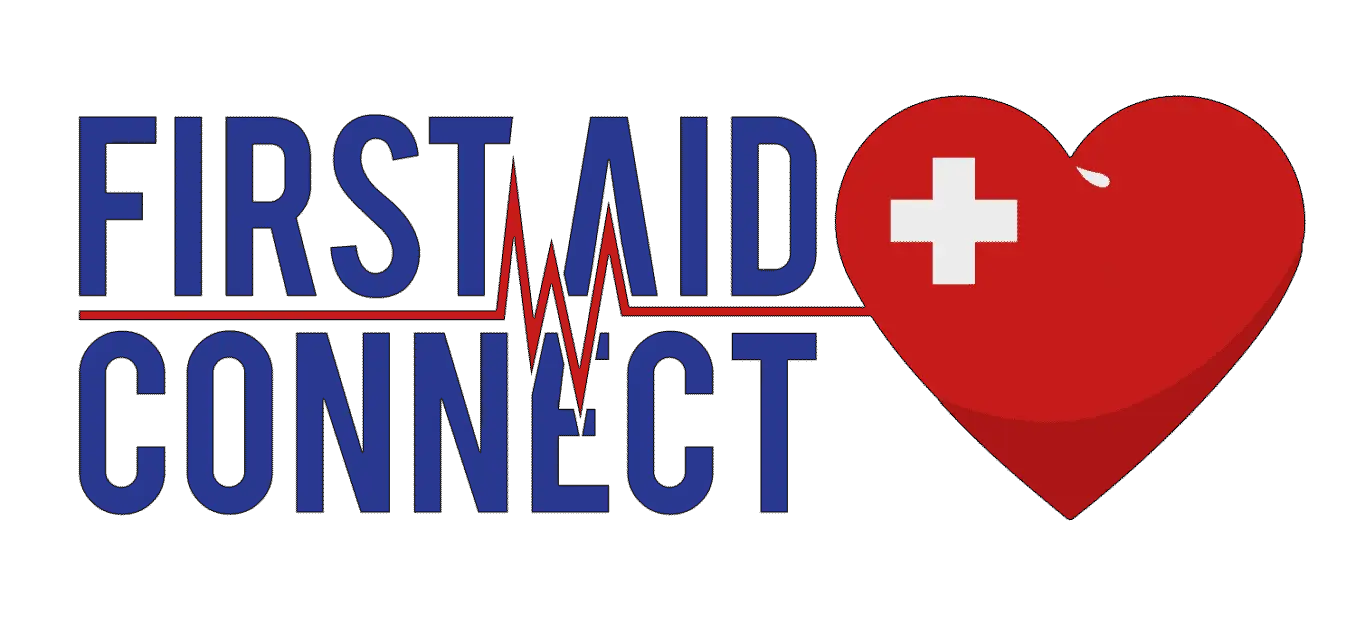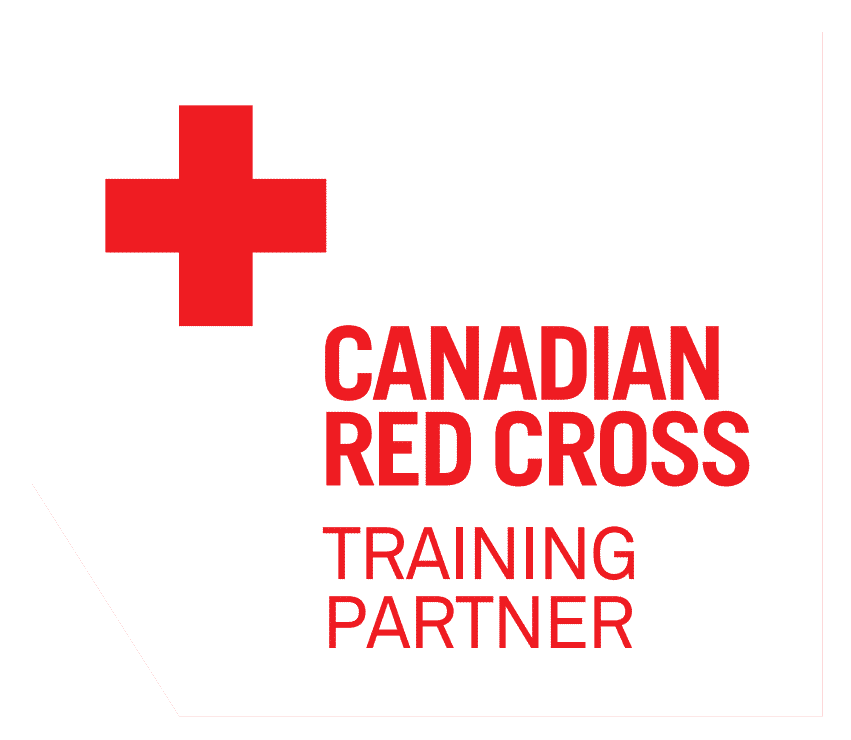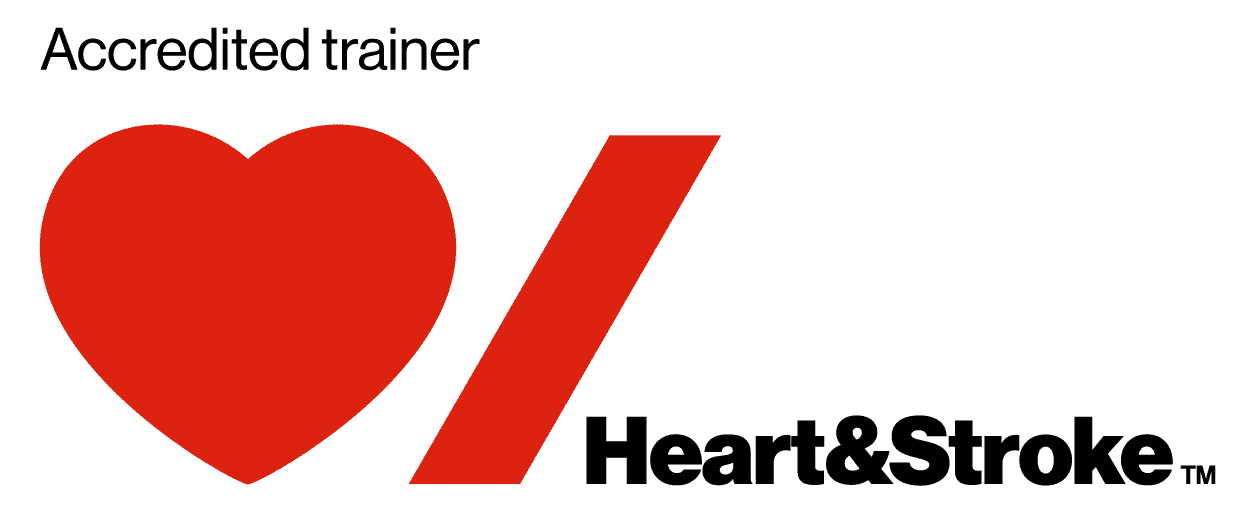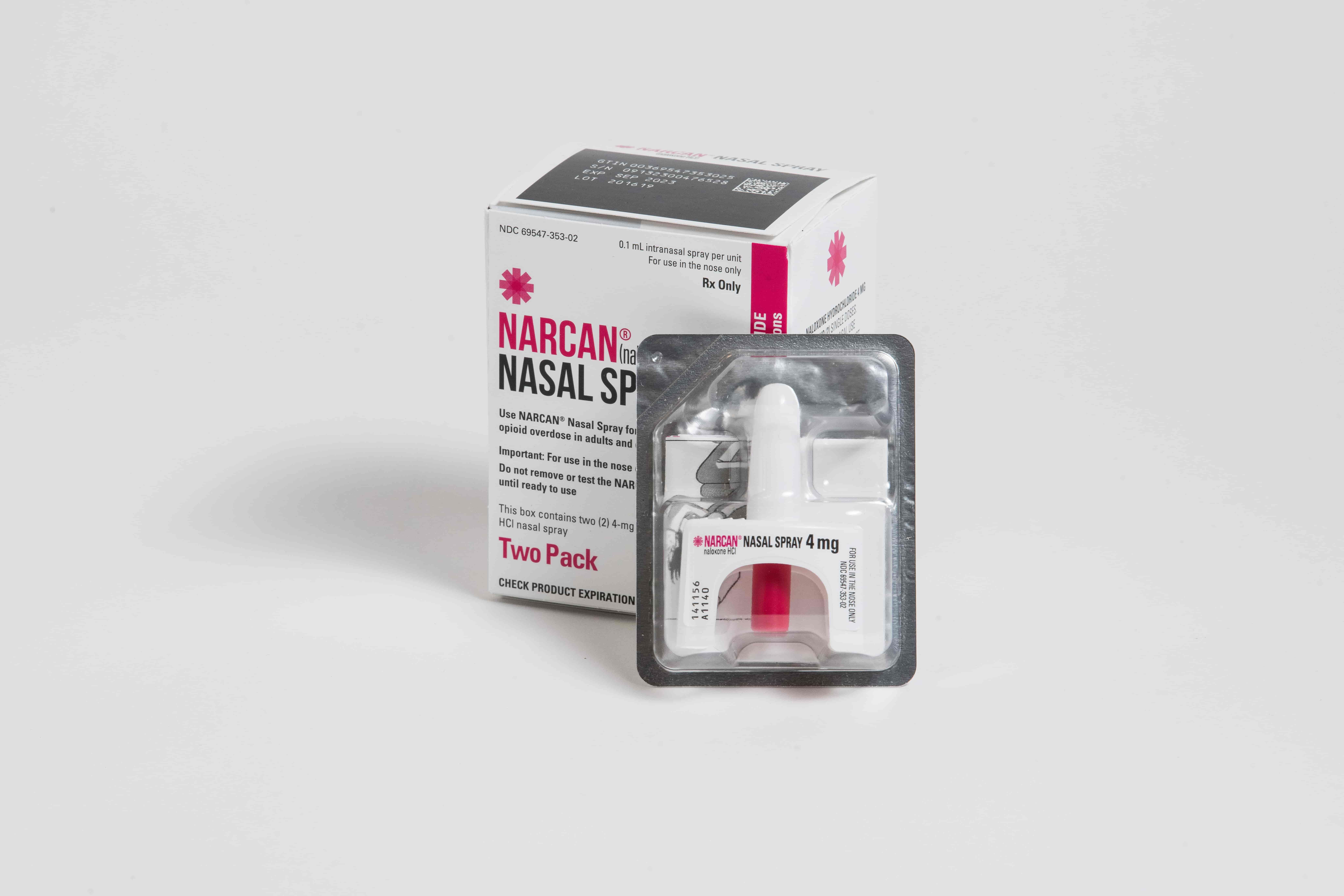




First Aid for Opioid Poisoning
$30
First Aid for Opioid Poisoning Content
In the First Aid for Opioid Poisoning online course, you will become knowledgeable and confident in how to respond to an opioid poisoning emergency, including how to administer intranasal and intramuscular naloxone.
What will you learn?
• You will learn to recognize the signs and symptoms of opioid poisoning.
• What naloxone is and how naloxone works to reverse an opioid poisoning.
• Understand how opioids and naloxone affect the body.
• Explore ways to reduce the influence of stigma around opioid poisoning.
• Learn how to respond confidently to an opioid poisoning emergency.
• How to administer intranasal and intramuscular naloxone.
Who should take the First Aid for Opioid Poisoning course?
Anyone 16 years of age and older. This course has no prerequisites.
Module Overview for First Aid for Opioid Poisoning Emergencies:
Module 1: The Opioid Crisis in Canada
Explore the growing opioid crisis in Canada, including the increase in prescription opioids and illegal drugs, changing drug supply nature, and COVID-19 pandemic effects leading to increased deaths and hospitalizations.
Module 2: Reducing Stigma
Examine how stigma affects opioid harm reduction activities and learn how opioid poisoning emergencies can impact all Canadians. Understand how using person-first language reduces stereotypes and promotes respect and dignity.
Module 3: Learn More About Opioid Poisoning Emergencies
Understand the characteristics of opioids and how they affect the body, why we use "poisoning" instead of "overdose," and strategies to prevent opioid poisoning emergencies.
Module 4: Learn How to Access and Administer Naloxone
Learn how naloxone temporarily reverses opioid effects, how to access naloxone, and how to prepare and administer intranasal and intramuscular naloxone.
Module 5: Introduction to CPR
Learn how to care for a person with opioid poisoning, including cardiopulmonary resuscitation (CPR) for unresponsive and non-breathing individuals.
Module 6: Qualities of a Helper
Identify how to use your qualities and skills to help in emergencies, understanding that everyone can help regardless of training or abilities.
Module 7: How to Help in an Opioid Poisoning Emergency
Learn to recognize and provide care for suspected opioid poisoning emergencies, applying CPR and naloxone administration skills using the "Check, Call, Care" approach.
Module 8: Introduction to Self-Care
Learn the importance of checking physical, emotional, and mental health after stressful situations and how to use the Look, Listen, Link, Live model to maintain resilience.
Course Duration
Learn at your own pace with our self-directed online format. This course takes approximately 1 hour, but you're in control of timing. Knowledge checks require a 70% pass rate, and you can review and retry as needed.
Certificate
Successfully completing the course will earn you a Red Cross certificate of completion of First Aid for Opioid Poisoning.
Online Training
Register for Course

Red Cross
FULLY ONLINE TRAINING, WSIB APPROVED
First Aid for Opioid Poisoning
$30
Self-Paced Learning
Complete your certification at your own pace with our flexible online platform.
Self-Paced Learning
Learn on your own schedule
Professional Certificate
Recognized certification
Access Anywhere
Desktop, tablet, or mobile
+
Certified through the Canadian Red Cross
Copyright @ 2026 First Aid Connect Inc.